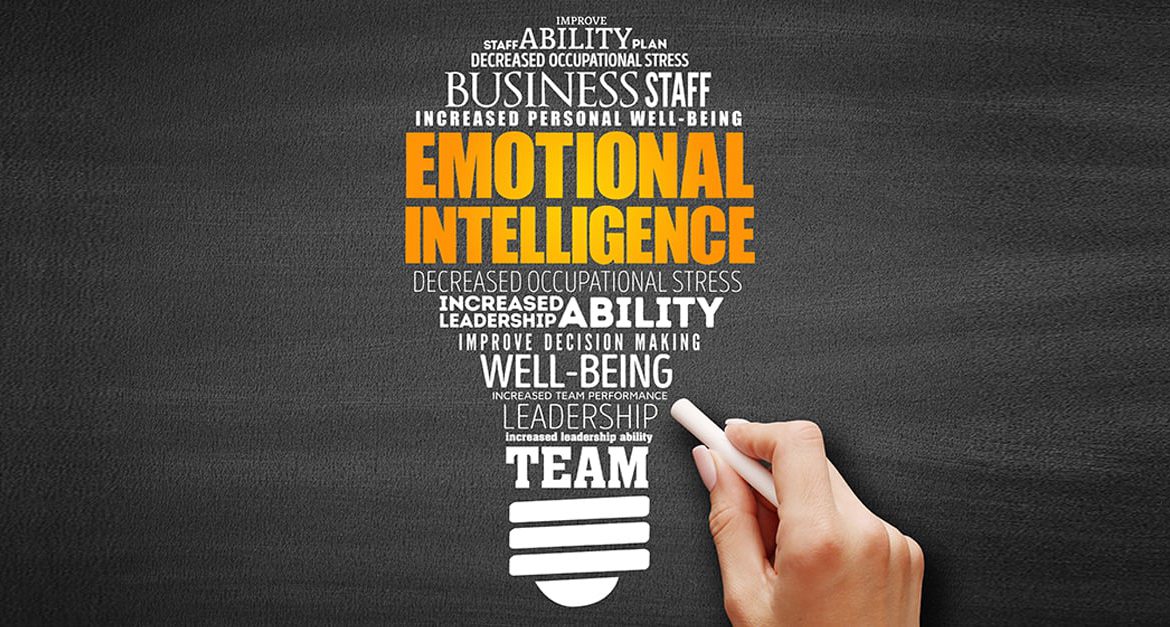Emotional Intelligence (EI) plays a critical role in real estate recruiting, as it encompasses a variety of skills that can greatly impact the success of real estate professionals. EI is the ability to recognize, understand, and manage our own emotions, as well as the ability to recognize, understand, and influence the emotions of others. In the context of real estate recruiting, EI can contribute to various aspects of the process.
How Emotional Intelligence Plays Into Real Estate Recruiting
- Identifying the right candidates: Recruiters with high EI are more adept at assessing potential candidates’ emotional and interpersonal skills, which are essential for building rapport and trust with clients. This helps in identifying individuals who are likely to excel in the real estate industry.
- Effective communication: EI enables recruiters to communicate more effectively with candidates by understanding their emotions and adapting their communication style accordingly. This can lead to better candidate engagement and stronger relationships throughout the recruiting process.
- Building a strong team culture: Real estate recruiters with high EI can create a positive and supportive team environment by fostering empathy, collaboration, and open communication among team members. This can lead to increased job satisfaction, lower turnover rates, and higher overall performance.
- Enhancing negotiation skills: High EI enables recruiters to better understand the motivations and emotions of candidates and clients, which can be beneficial in negotiations. By anticipating the needs and concerns of all parties, recruiters can better facilitate mutually beneficial agreements.
- Conflict resolution: In the high-pressure world of real estate, conflicts can arise between colleagues, clients, and other stakeholders. Recruiters with high EI can mediate these conflicts effectively by understanding the emotions and perspectives of those involved, and finding solutions that satisfy everyone.
- Retention and professional development: High EI recruiters can identify the emotional and professional needs of their team members, helping them grow and develop within the company. By addressing the individual needs of each team member, recruiters can boost employee satisfaction and reduce turnover.
In summary, emotional intelligence is a crucial component of real estate recruiting, as it helps to identify the right candidates, build strong teams, and foster productive working relationships. By prioritizing EI in the recruitment process, real estate companies can ensure they assemble a team of professionals capable of navigating the complexities of the industry and achieving long-term success.
Frequently Asked Questions about Emotional Intelligence in Real Estate Recruiting
What is emotional intelligence (EI)?
Emotional intelligence is the ability to recognize, understand, manage and influence our own emotions and the emotions of others. It is essential for effective communication, relationship building, and personal growth.
Why is emotional intelligence important in real estate?
Emotional intelligence is crucial in real estate as it helps professionals build rapport with clients, navigate complex negotiations, resolve conflicts, and work effectively in a team environment. High EI can lead to better client relationships, increased sales, and overall success in the industry.
How can real estate recruiters assess a candidate's emotional intelligence?
Recruiters can assess a candidate's emotional intelligence through behavioral-based interview questions, emotional intelligence tests, and by observing the candidate's interpersonal skills, ability to handle stress, and their capacity to empathize with others.
What are some key components of emotional intelligence in real estate?
Some key components of emotional intelligence in real estate include self-awareness, self-regulation, empathy, motivation, and social skills. These components contribute to the ability to understand and manage emotions, build relationships, and navigate challenging situations.
How can real estate professionals improve their emotional intelligence?
Real estate professionals can improve their emotional intelligence by practicing mindfulness, engaging in self-reflection, seeking feedback from others, developing empathy, and investing in professional development programs focused on emotional intelligence skills.





The Role of Emotional Intelligence in Real Estate Recruiting